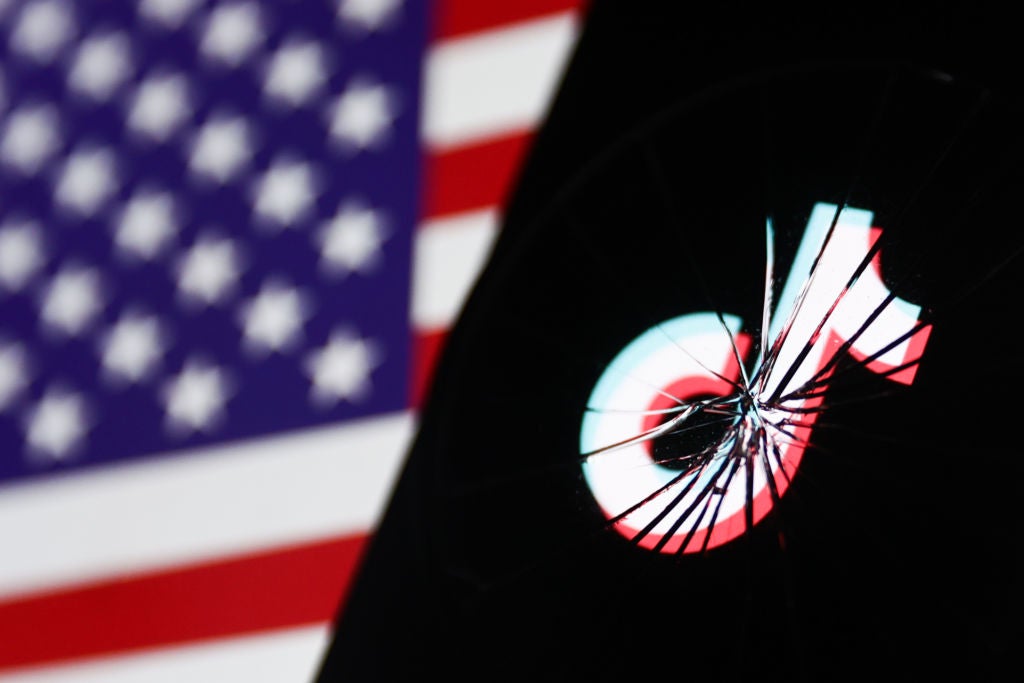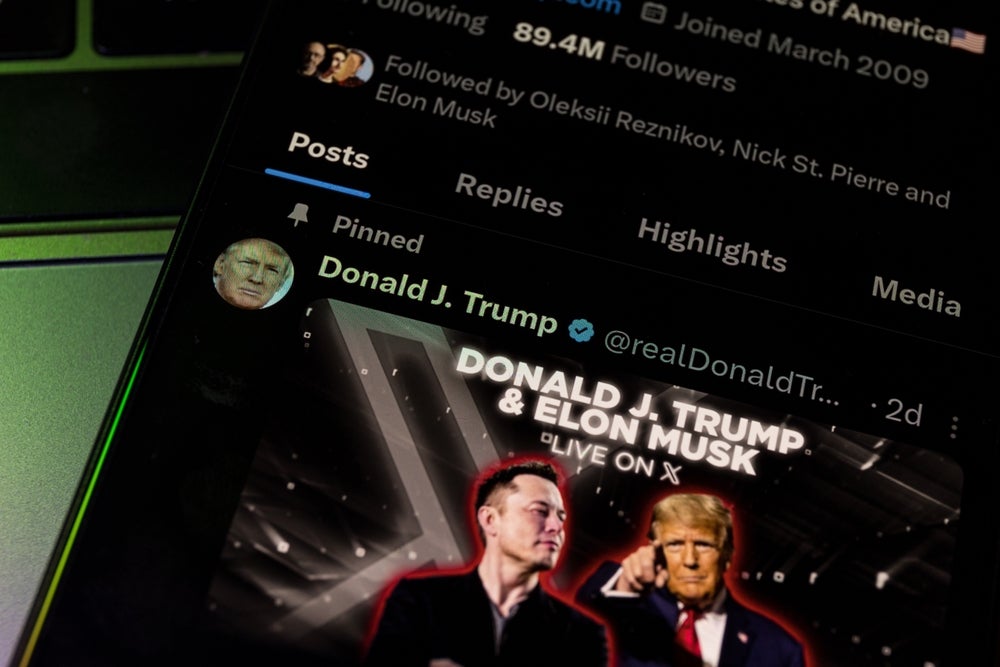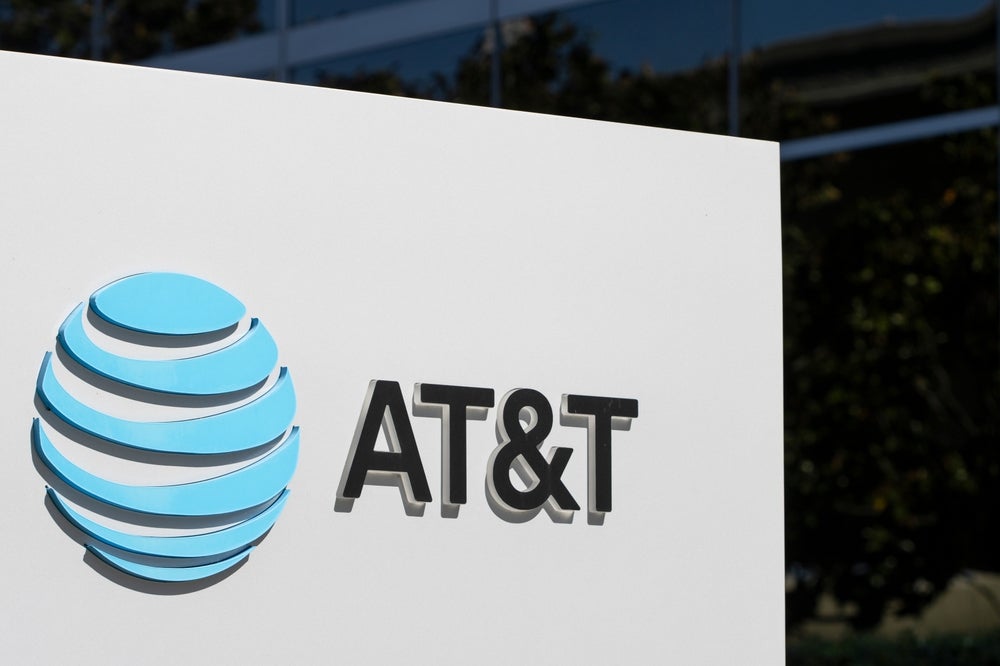
TikTok and parent company ByteDance filed a lawsuit on Tuesday (7 May) to block a controversial law signed in by US President Joe Biden that would force the Chinese company to divest its popular short video app or face it being banned in the country.
The companies alleged that the law violated the US Constitution, including an attack on the country’s free speech protections.
“For the first time in history, Congress has enacted a law that subjects a single, named speech platform to a permanent, nationwide ban,” the two companies said in the lawsuit.
The lawsuit stated that divesting the US arm of TikTok “is simply not possible: not commercially, not technologically, not legally.”
“There is no question: the Act will force a shutdown of TikTok by January 19, 2025, silencing the 170 million Americans who use the platform to communicate in ways that cannot be replicated elsewhere,” the lawsuit said.
Lawmakers warned that the Chinese Communist Party (CCP) may use TikTok as a tool to monitor US user data or disseminate CCP propaganda. The app is currently used by approximately 170 million Americans.
How well do you really know your competitors?
Access the most comprehensive Company Profiles on the market, powered by GlobalData. Save hours of research. Gain competitive edge.

Thank you!
Your download email will arrive shortly
Not ready to buy yet? Download a free sample
We are confident about the unique quality of our Company Profiles. However, we want you to make the most beneficial decision for your business, so we offer a free sample that you can download by submitting the below form
By GlobalDataThe US government said it does not want a TikTok ban but wants an end to its Chinese ownership for national security reasons.
Representative Frank Pallone said he hopes the divestment of TikTok will enable Americans to “continue to use this and other similarly situated platforms without the risk that they are being operated and controlled by our adversaries”.
TikTok continues to refute claims that it has, or ever will, share US user data with Chinese authorities.







